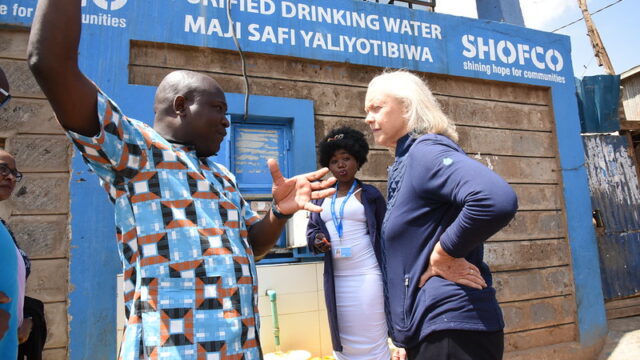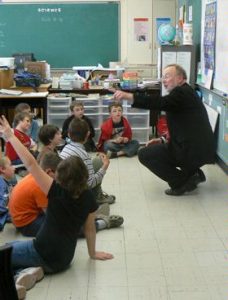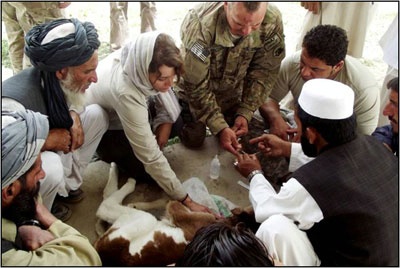FAQs
How does the Department of State interact with Congress?
“The Constitution provided an invitation to the President and Congress to struggle for the privilege of directing American foreign policy.” – U.S. Senator Daniel P.…

While the principal and traditional role of diplomacy remains the daily interaction of Embassy officers with officials and agencies of the host government, public diplomacy, i.e. direct engagement with the people and social institutions of a country, has become more and more vital in an age of instant communication.
“Observe good faith and justice towards all Nations; cultivate peace and harmony with all . . . honesty is always the best policy.”
President George Washington

Government-to-government negotiations are the primary means of pursuing the key policy agendas of the United States. On a bilateral level, these discussions may deal with cooperative development and health projects such as PEPFAR (the President’s Emergency Plan for AIDS Relief) that require the buy-in of the host government. They also might stress the needs for host country to change existing laws and institutions to create a broader base for government or open doors for trade and exchanges. On a multilateral level, the U.S. seeks official agreement and support of host countries in international efforts to advance democracy, prevent the spread of nuclear weapons, counter the threats of terrorists and aggressive states, open world markets and communications, defend human rights, and increase investments regionally and globally to everyone’s advantage.
In developing cooperative programs, a key element in advancing U.S. policy is direct assistance. With the U.S. Agency for International Development (USAID), the Department of State works to improve food security and human health, reduce poverty, mitigate the impact of global climate change, and empower women and girls. The agency also helps countries like Haiti to recover from natural disasters and contributes to bringing peace and stability to Afghanistan, Iraq, and many other countries around the world.
At the same time, the Department of State and other U.S. agencies provide training programs both in the host country and in the United States to deal with global issues, most recently in responding to the worldwide threat of terrorism.
The United States champions the Universal Declaration of Human Rights and encourages countries around the world to adhere to universally accepted principles of freedom, personal security, and equality. The United States supports defenders of freedom in their efforts to establish democracies in their own countries and assists newly formed democracies in following democratic principles. The United States helps millions of refugees and victims of conflict or natural disasters around the world. Each year, the United States also grants permanent visas to tens of thousands of refugees to live in America.

HIV/AIDS, tuberculosis, and other infectious diseases pose global health challenges. As diseases spread and more people become sick, the political and economic stability of countries is put at risk. Working with other agencies and countries, the United States responds to world health problems and monitors the spread of potentially dangerous diseases. U.S. diplomats work with other nations and through multilateral institutions to help improve the lives of people everywhere.
Direct interaction with the public, however, has risen to the same level as governmental engagement. In every embassy and consulate, Public Affairs offices work with media, cultural, educational, and civil society leaders and institutions to publicize the domestic and international policies and programs of the United States as they affect the host country. Support for and development of an independent media allows the public to hear American perspectives including on internal affairs in their country. Educational programming and exchanges offer opportunities to bring American artists and experts on a wide range of topics to the host country while allowing foreign citizens a chance to visit the United States on programs of varying length to acquire new knowledge, skills and contacts, as well as to see the U.S. without media, societal, and governmental filters.